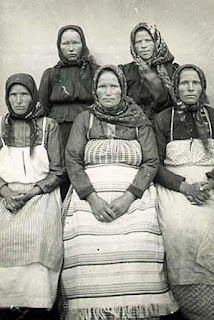Many more publications are retracted, most if not all are registered at Retraction Watch. It is reasonable to expect that many publications serving as references in a Wikipedia are retracted. Arguments used to achieve a Neutral Point of View based on a retracted publications, are wrong by definition.
When all references of a Wikipedia are registered in a Red&Blue Wikibase and, when all books with an ISBN and scientific publications with a DOI are ALSO known at Wikidata, it becomes possible to offer a new service. A service providing information about retractions and citations to the publications used as a reference.
Such a service is to be interactive as well.. Just consider: a Wikipedian wants to check the quality of a Wikipedia article. An update button, first checks for retractions and for all citing publications. It then checks for missing data like citations and authors. At the same time new references are added; they are all processed in the same way.
In the background, all publications will be checked by a batch functionality for updates at Wikidata. Particularly for new retractions, authors who claim a publication.. In this way the information on any topic will be as good as we can make it.
- scientific publications are retracted and these retractions impact our NPOV
- publications may be used as a reference in multiple Wikipedias
- keeping information on sources up to date protects our NPOV
- making the latest references available to all our Wikipedians ensures an optimal result








